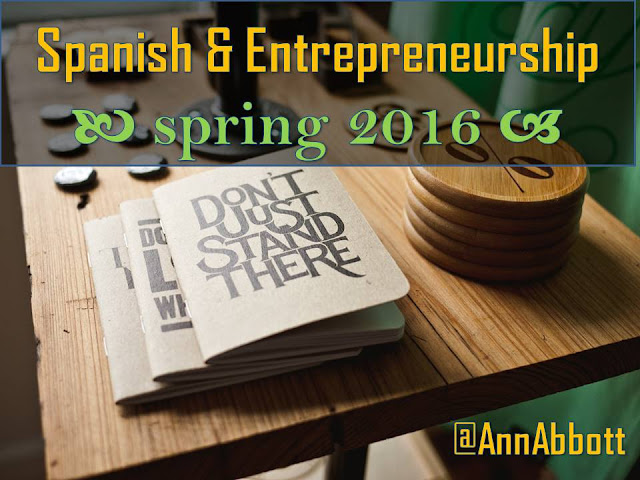Student Reflection: Why Take SPAN 332 "Spanish & Social Entrepreneurship"?

Wole en frente del Centro para Refugiados by Olawole Daramola Hola! El curso SPAN 332 explora el concepto de emprendimiento social en un contexto latinoamericano. Se aprenden las injusticias en el sistema político contra inmigrantes sin documentos. Además, este curso revela oportunidades para transformar estructuras injustas de la sociedad y es un espacio para pensar sobre innovaciones de valor. Además, cada estudiante tiene un sitio donde ellos ayudan la comunidad latina en muchas formas diferentes. La clase proveerá conocimiento suficiente para navegar y entender las dinámicas de cada organizacion en comunidad donde se trabaja. Por ejemplo, si trabajas en El Centro para Refugiados sabrás tener más paciencia y compasión por los clientes porque en la clase escucharás sobre las barreras que enfrentan los inmigrantes. Éste es el sitio donde yo trabajé. Aprendí mucho en este curso y estoy muy feliz de haberlo tomado. Primero, mejor é mi español--m...



.jpg)





